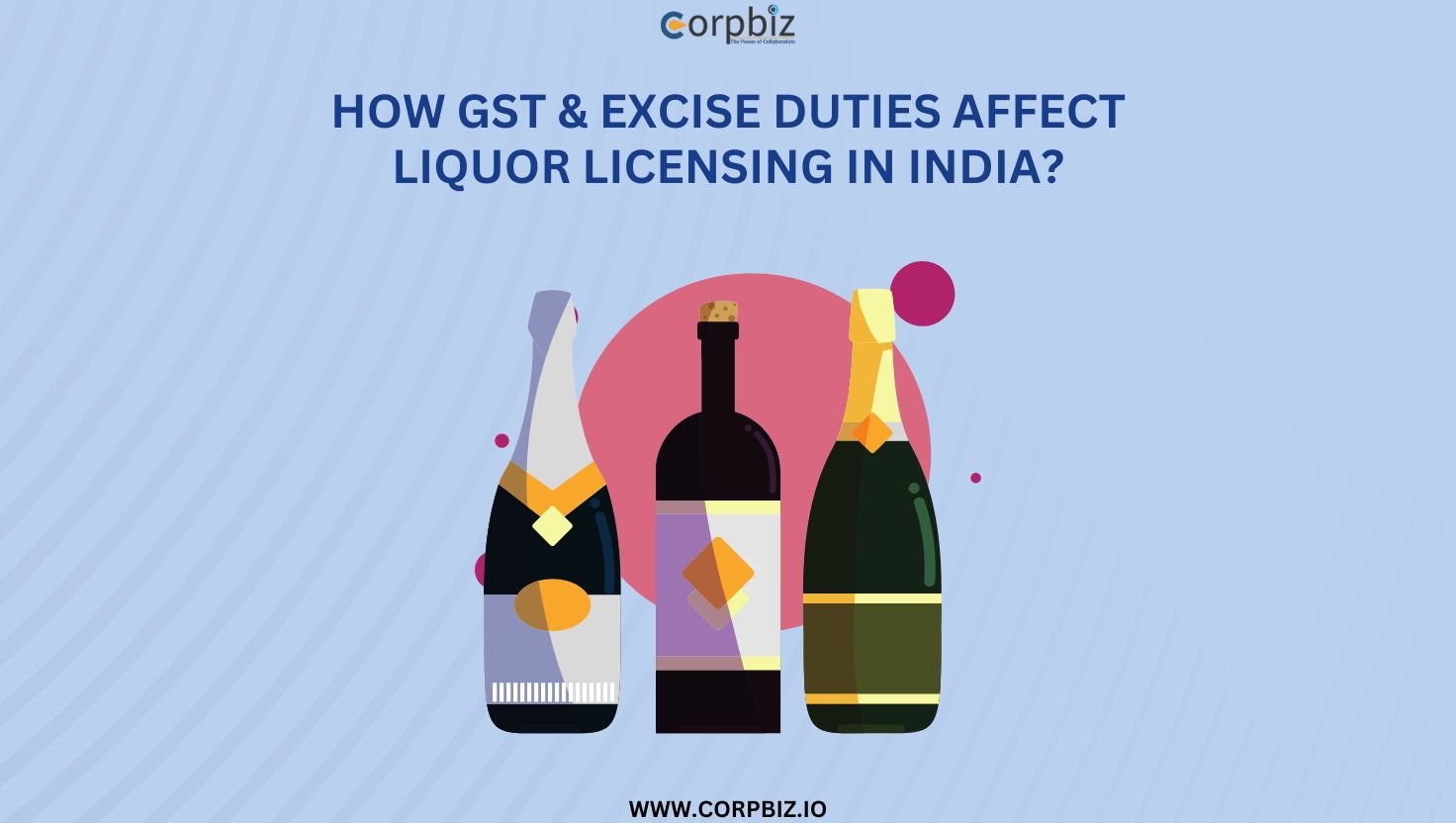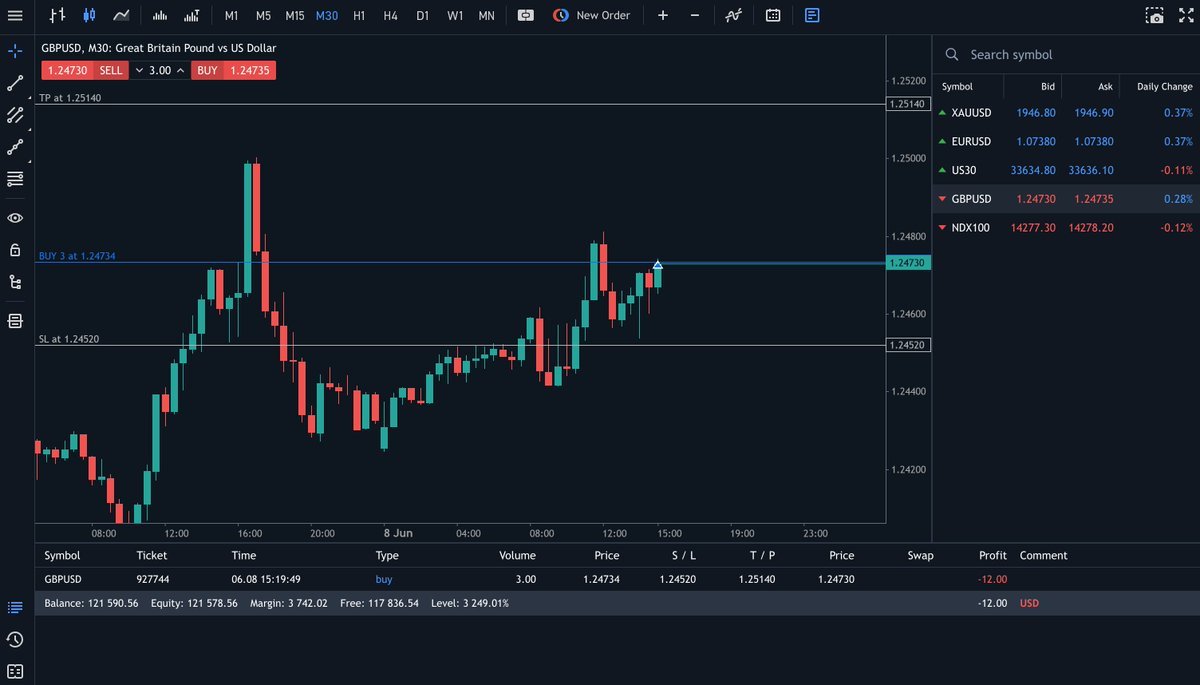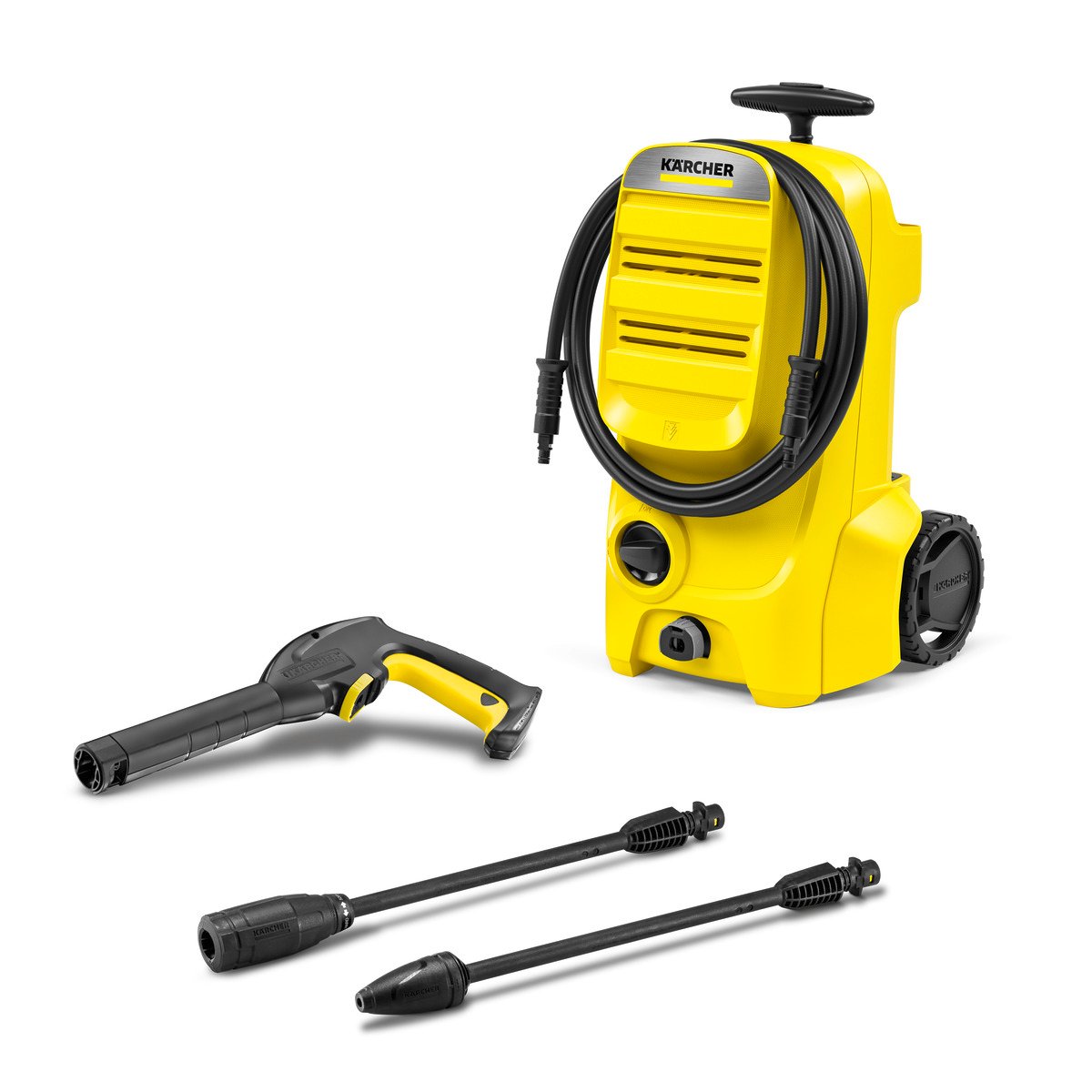Starting a liquor business in India is not just about getting a Liquor License. Entrepreneurs also need to understand how GST and excise duties impact liquor sales. These taxes play a huge role in determining liquor businesses’ pricing, profitability, and compliance requirements. In this blog, we will break down the effects of GST and excise duties on liquor licensing and guide you on how to navigate the process of obtaining a liquor store license or liquor license online.
Understanding the Taxation System for Liquor in India
Unlike most goods and services, liquor is not covered under GST. Instead, it is subject to state excise duties. However, GST applies to certain aspects of the liquor business, such as service charges, raw materials, and operational costs. This dual taxation system affects liquor businesses in multiple ways.
Excise Duty on Liquor
Excise duty is the primary tax on liquor in India. It is imposed by state governments and varies from one state to another. The revenue collected from excise duty is a major source of income for states, which is why liquor remains outside the GST framework.
Each state has its excise policy, which determines:
- The type of Liquor License required
- Licensing fees
- The percentage of excise duty on liquor sales
- Restrictions on liquor trade and distribution
Before applying for a liquor store license, businesses must check the excise policy of their respective state.
GST on Related Services and Products
Even though liquor itself is not taxed under GST, other aspects of the liquor business are. Some areas where GST is applicable include:
- Service Charges in Bars & Restaurants – Restaurants and bars that serve liquor must pay GST on food and service charges, even though liquor sales are taxed under excise duty.
- Raw Materials Used in Liquor Production – Ingredients like packaging materials, preservatives, and flavoring agents attract GST, increasing the overall cost of production.
- License Fees & Legal Services – If a business avails professional services to obtain a license online or manage taxation, GST is applicable on such services.
How GST & Excise Duties Impact Liquor Licensing
Higher Licensing Fees Due to Excise Duty
Since liquor generates high revenue for states, excise departments impose significant licensing fees. Businesses applying for a liquor store license or a shop and establishment license for the liquor trade must factor in these fees while budgeting.
Complicated Tax Compliance
Liquor businesses need to comply with multiple tax regulations, including:
- Filing excise duty payments on time
- Maintaining proper sales records
- Paying GST on services and raw materials
- Renewing the shop and establishment license renewal to ensure continuous business operations
Failure to comply can result in penalties or even cancellation of the License.
Increased Operational Costs
Since liquor businesses need to pay excise duty and GST on services, their operational costs are higher compared to other industries. These additional costs are often passed on to customers, affecting sales and profitability.
How to Apply for a Liquor License in India
Starting a liquor business requires obtaining the right permits. The process differs from state to state, but the general steps are:
- Check State Excise Policy – Each state has its own rules regarding liquor sales, excise duty, and licensing. Ensure you understand the specific regulations in your region.
- Register Your Business – If you are opening a liquor store or bar, you must register your business under the shop and establishment license. This license is mandatory for all businesses operating in commercial spaces.
- Apply for Liquor License Online – Some states allow online applications for liquor licenses, while others require physical submission. The type of license needed depends on your business model (e.g., retail, wholesale, bar, or restaurant).
- Pay Licensing Fees & Excise Duty – The excise department charges licensing fees based on the type of license and business size. Ensure you have sufficient funds to cover these costs.
- Comply with Tax Regulations – Keep track of excise duty payments, GST on services, and other tax obligations to avoid legal issues.
Shop and Establishment License for Liquor Businesses
A shop and establishment license are necessary for all businesses, including liquor stores, bars, and restaurants. This license ensures compliance with local labor laws and operational regulations.
Renewal of Shop and Establishment License
For liquor businesses, timely Shop and Establishment License Renewal is crucial to avoid fines or business shutdowns. Ensure renewal before the expiry date to continue operations without interruptions.
Conclusion
Understanding the impact of GST and excise duty is crucial for liquor entrepreneurs. Since liquor is taxed under state excise duties and not GST, business owners must navigate complex regulations while applying for a liquor store license. Additionally, expenses like GST on services and raw materials add to operational costs. To run a successful liquor business, staying compliant with licensing and tax laws is essential.
FAQs
1. Can I apply for a liquor license online in India?
Yes, some states allow liquor license applications online, while others require physical submission. It is best to check with the respective state excise department.
2. What is the validity of a liquor store license in India?
The validity depends on the state and type of license. Most licenses are issued for one year and require annual renewal.
3. Do I need a shop and establishment license for a liquor business?
Yes, a shop and establishment license are mandatory for liquor stores, bars, and restaurants to ensure compliance with local business laws.
















Leave a Reply